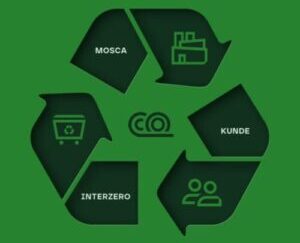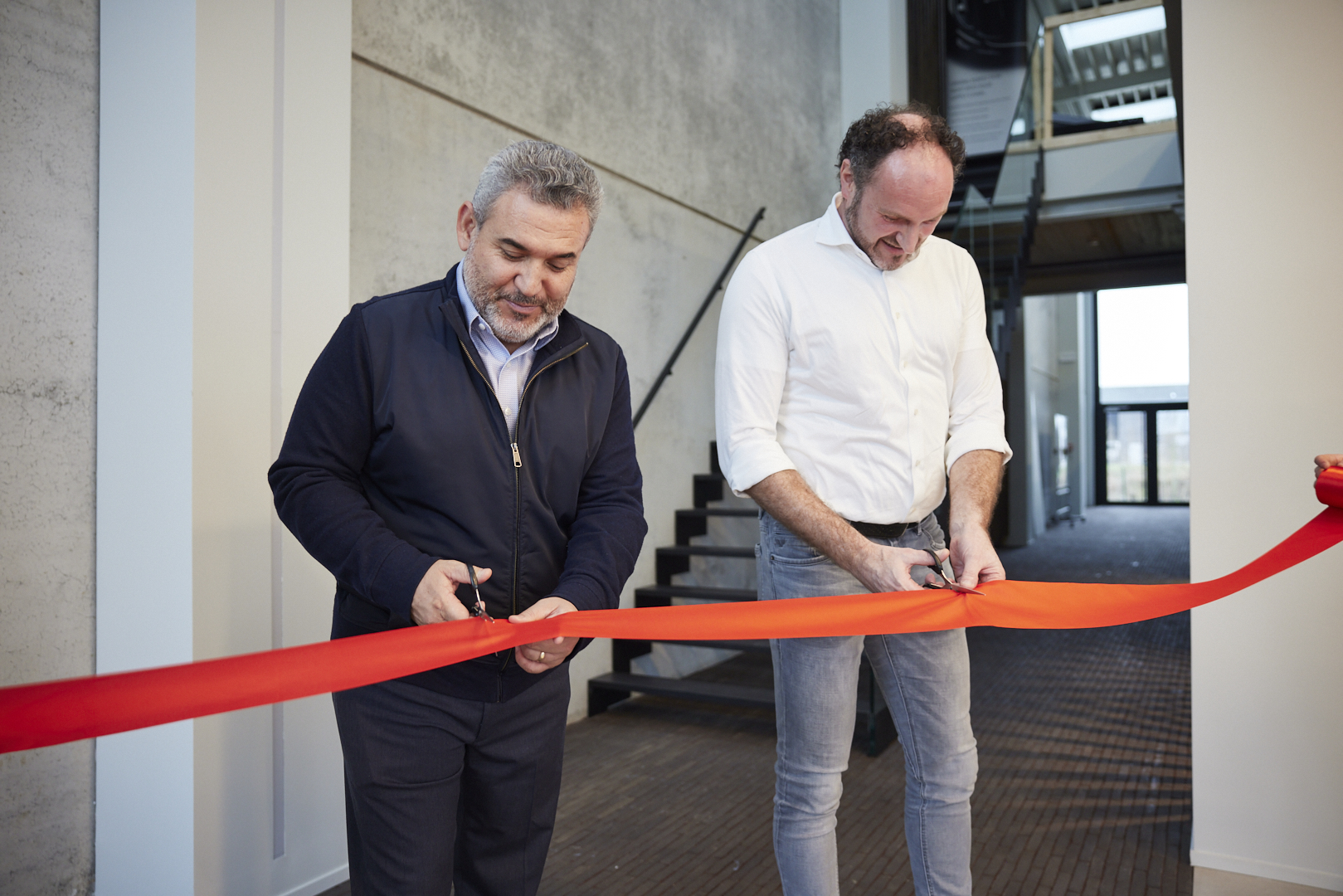The team at goplasticpallets, a British provider of sustainable plastic pallets and boxes, is celebrating a big achievement – recycling an incredible 2,000 tonnes of plastic in just six years. This milestone underscores the company’s ongoing commitment to sustainability and supporting the circular economy.
The Eastbourne-based company initially launched its recycling scheme, the first of its kind across the sector, in 2019. Since then, goplasticpallets.com has collected plastic pallets and boxes at the end of their lifespan, transporting them to its recycling centre in Belgium – regardless of the original supplier. To date, over 350 truckloads have been transported to the continent.
In 2019, the team set an original target to recycle 1,500 tonnes of plastic by the end of 2025 but surpassed that goal two years early. In response to this success, goplasticpallets.com set a new and ambitious target to recycle 5,000 tonnes by the end of this decade. By hitting 2,000 tonnes this week, they are firmly on course to smash this long-term aim.
To put the 2,000-tonne milestone into perspective, this achievement is equivalent to recycling an impressive 133,333 units of the popular Qpall 1210 M5R pallet – each weighing 15kg. Stacked vertically, these pallets would form a tower twice as high as Mount Everest. Laid flat, the pallets would cover a surface area of 160,000 square metres, the equivalent to 22 Wembley football pitches, two entire O2 Arenas, or seven times the base area of Rome’s iconic Colosseum. Furthermore, if placed end-to-end, the pallets would stretch precisely 100 miles – the exact distance from London to Birmingham, and over seven times longer than Manhattan.
Jim Hardisty, Managing Director of goplasticpallets.com, said: “We are incredibly proud to reach this important 2,000-tonne milestone, which is down to the tremendous dedication shown by our team, our customers, and our partners. We believe strongly in promoting greener logistics and supporting businesses in their journey towards more sustainable operations. This achievement highlights the critical role recycling plays in building a responsible future.
“The majority of recycled plastic comprises first-generation pallets and boxes, initially introduced years ago. Today’s advanced pallets have significantly improved lifespans, further extending their sustainability benefits. We continue to help businesses across several industries – including retail, construction, manufacturing, food production, automotive and waste management – to green their supply chains. Not only are 93% of the products we supply made from 100% recycled materials, but we also guarantee full responsibility for recycling the plastic pallets and boxes we provide – along with those from other suppliers.”
However, the ambitious team at goplasticpallets.com isn’t stopping here. Hardisty added: “We aren’t finished yet. We have calculated that we’re halfway to filling Central Park – so that’s something to strive for in the coming years!”
similar news










